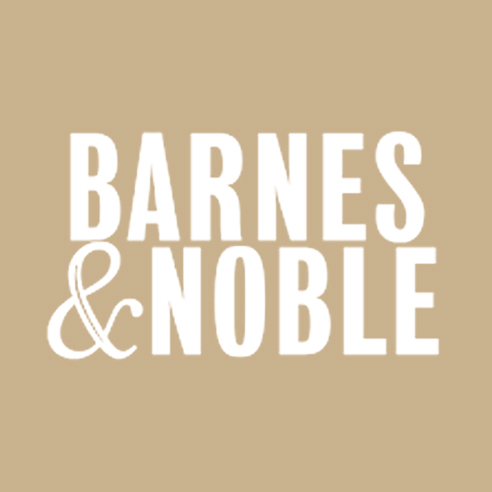At the Jaipur Literature Festival 2011
This is an amazing festival, quite unlike any of the others I have ever been invited to participate in, in India or any other country. My friend Pico Iyer who had been there before told me it would be chaotic, vibrant, effervescent and memorable--and it was all of those things. It made me think of an Indian wedding, complete with elephants, camels (I rode one, a first for me. I was terrified and jubilant), milling crowds, flower garlands, great food, unexpected camaraderie, and lighted up centuries-old fortresses as backdrop. (Amer Fort, to be precise, where on the last night there was an Author Farewell dinner, complete with Qawaali singers and Sufi dancers). Add to the mix over two hundred writers that presented, and 60,000 (yes, that's right) lovers of literature and music that attended.
As a writer, it was wonderful for me to speak to a bursting-at-the seams crowd in the historic Durbar Hall of Diggi Palace, a venue I liked very much. (With my webmaster's help, I hope to put up photos soon). Diggi is a fairly old palace that isn't afraid to show its age. It hasn't been made over into a 5 star hotel like its more affluent cousins, but perhaps for that reason, it is more charming with its plain, whitewashed walls, its overgrown climbing vines and beat-up wooden furniture. And its famed peacocks (which, alas, we festival goers must have frightened away, because though I heard much about them, I didn't see any). Its substantial grounds were covered with tents for the six days, and in one corner of the compound (the stables, I believe) there were exciting and varied music festivals each night, showcasing traditional Rajasthani and cutting-edge young Indian/ international talent.
It was heartening to see the range of attendees--from local schoolchildren to college students who had come to Jaipur by train and were sleeping on the platform to save money, to intelligensia and socialites and housewives from major cities (Delhi, Mumbai, Kolkata, Bengaluru) as well as a plethora of smaller towns (Agra, Jamshedpur, Bhopal, Bhubaneshwar), to a roster of who's who in the publishing industry, to scores of journalists from both India and abroad.The book sales tent was so crowded, I could barely get in there. Reading in India is indeed alive and well.
It was exciting to hear and meet writers whose work I admired, such as Ruskin Bond, Chimamanda Adichie and J.M. Coetzee. It was a pleasure to chat again with writers whom I knew and whose work I loved, such as Kiran Desai, Adam Zagajewski, Orhan Pamuk, Junot Diaz, John Ford, and Mohsin Hamid. It was mind-opening to be exposed to talented writers who were new to me, such as Sonia Faleiro, Arundhati Subramaniam and Rana Dasgupta. It was an overwhelming embarrassment of riches. After a while, I stopped trying to take notes and just enjoyed. But my niece Neela Banerjee, a writer and journalist who also attended, was more diligent. See her comments at http://neelanjanabanerjee.com/blog/ (the Feb 3 entry) to get a different angle on things.
I appreciated that the range of writers spanned several generations and countries, and that they wrote--and presented panels-- in several languages. I appreciated the excellent team, led by Sanjoy Roy, that worked very hard to keep things running smoothly and watched out for the needs of the writers and the attendees--and who were, quite miraculously, able to offer this grand extravaganza of a literary festival that Tina Brown titles "the greatest literary show on earth" for free to all who came to listen.
The high moment of the festival for me was, actually, not a literary one. It was getting my hand kissed by the 89 year old Syed Haider Raza, an artist whose work I have loved since my college days! He spoke generously and honestly to a spellbound throng of about a thousand people about his life, paintings and philosophy. It was truly an event to remember.
For more info on the festival, which runs each year from Jan 21-25, check out their site, http://jaipurliteraturefestival.org/








